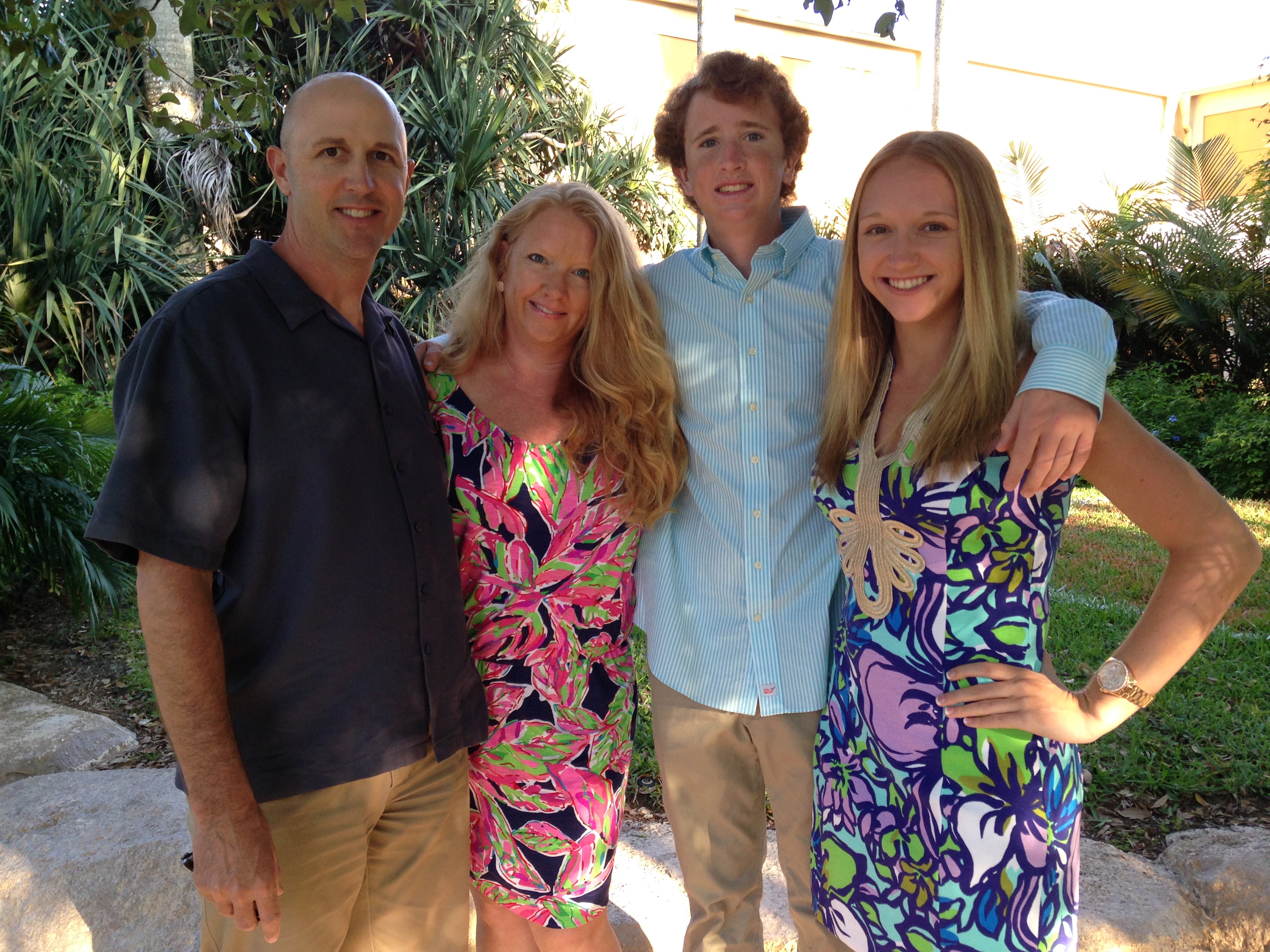If worship is a part of your life, you know the comfort your spiritual beliefs offer. ADHD faith or having faith has been a central part of my life and a main reason for my child’s success in overcoming ADHD. You may also be seeking a way to integrate your beliefs and practices more fully into your son or daughter’s life. But, you may also find that going to your religious services present some of the same challenges he or she finds at school. This writing comes from my book Raising Girls with ADHD: Secrets for Parenting Healthy, Happy Daughters. See if any of these scenarios sound familiar:
- Getting ready is a struggle. For younger children, it’s the everyday challenge to find shoes, get dressed, eat breakfast and get out the door.
- It’s hard for either of you to fully appreciate the service. Your daughter may find the service boring, or she may be totally overwhelmed by all the stimulation from the people, the lights, and the music. You’re so preoccupied with her behavior, either trying to keep her engaged or trying to reign in her inappropriate outbursts, that you can’t focus on the message.
- You feel you must explain your daughter’s behavior to those around you, and often you can’t help feeling judged by those around you for what they perceive as bad parenting.
- Your daughter’s religious teachers or youth leaders are unequipped to work compassionately with a child who has ADHD.
Or there’s this: By the time the weekend rolls around, all of you are simply exhausted. You can’t muster the energy to add anything else to your lives.
We understand. And yet we want to encourage you, if you’re so inclined, to find a way to pursue your spiritual beliefs with your daughter – both for you and for her. It’s true that children with ADHD tend to struggle in religious settings, both with socialization and with spiritual growth. Here are a few suggestions that may help your child on the journey:
Prayer: Sitting meditation has been shown to reduce ADHD symptoms in students. To us, it stands to reason that prayer could do the same, and help your daughter build a sustaining relationship with God. Because her ADHD may make it difficult for her to focus, help her start a prayer journal to help guide her quiet times. And because routines are so helpful for children with ADHD, you might also initiate a family prayer time.
Small groups: If your daughter is uncomfortable in a religious service, she may thrive in a small-group setting where she can make a handful of intimate friends. Similarly, you may find you’re able to form strong and supportive relationships in the small-group setting, where you can share the challenges of parenting a daughter with ADHD. Many religions incorporate small groups to help their members learn and grow together while they form strong bonds of friendship and fellowship.
Just as helping your daughter grow in her own faith can be an important component in managing her ADHD, you can turn to God for comfort, guidance and hope. Through her prayers for her son with ADHD, one mother made a profound transition. She says, “I’ve stopped asking God to change him; I’ve started asking God to use him.”
Dez, the mother of a Hannah, and 11-year-old girl with ADHD, reminds us of the ways the world tends to label children: “good,” for those who are well-behaved and academically successful, and “bad” for those like children who struggle with ADHD, who are so often viewed as lazy, unmotivated and a nuisance. When that happens to her daughter, she writes, “I feel terrible, and I end up slipping into survival mode – let’s just get through this test, or this day, or this school year.”
But for Dez, that sense of gloom is short-lived. She writes eloquently of the spiritual foundation at the core of her family’s life:
I can’t imagine how families deal with ADHD without faith. If you have faith in a higher calling on your child’s life, you are able to get a bigger, better perspective of what truly matters. Who is my child? What are her gifts, strengths and abilities? When you praise, pray and ponder God’s plan for your child’s life, you reject the sadness and struggles of survival mode. You anticipate and claim the goodness of God’s promises. ADHD certainly has its challenges for Hannah, myself and our entire family, but oddly enough, it’s been a blessing, too. I am a better person, parent and teacher, because I am able to clearly see the struggles of children with ADHD. There is never enough time, resources or patience for these struggling students, which leaves teachers and parents at a loss. Ultimately, it is our inner character that we will be judged by – not our grades, but who we are and what we have done with our gifts and talents.
Staring at our problems and at ourselves won’t cultivate a sense of accomplishment or perseverance, but helping others will. Scripture tells us to persevere even when faced with adversity. Hannah is extremely gifted when it comes to working with children. She has the ability to look at something and creatively come up with a life lesson. Her academic weaknesses allow her creative side to thrive. So I actively involved her in helping out in my preschool camps and classes. This opportunity allows her to see where she is gifted, giving her a sense of pride and reminding her of her special place in God’s world.
My advice to you is to keep the faith. A bible verse that helps me is Isaiah 40:31. I hope it can help you too.

